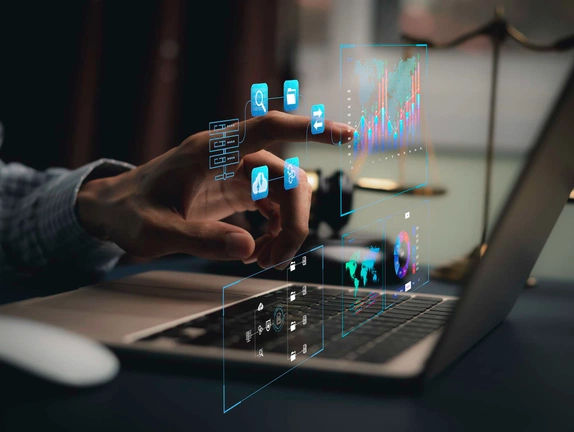Productivity , Home Office , Efficiency
18 de June de 2025 - 18h06m
ShareDid you know that monitoring employees without legal safeguards can result in million-dollar fines and severe damage to your company's reputation?
Since global data protection laws like the GDPR, CCPA, and PIPEDA came into force, corporate monitoring has become more than a tech issue—it’s now a matter of legal compliance, privacy, and transparency.
Here’s the dilemma:
In this definitive guide, you’ll discover:
Corporate monitoring refers to tracking how employees use company equipment, systems, and time during work hours to ensure productivity, security, and alignment with internal policies.
This may include:
Importantly, monitoring occurs within the workplace and with company-owned resources. The goal is improved performance, information security, and risk mitigation.
But when done incorrectly, it can turn into a serious legal liability.
Global data protection frameworks like the General Data Protection Regulation (GDPR) in Europe, California Consumer Privacy Act (CCPA) in the U.S., and PIPEDA in Canada do not prohibit employee monitoring—but they impose strict rules.
To legally monitor employee activity, a company must:
Non-compliance can lead to regulatory actions, hefty fines, and reputational damage.
Yes—if it respects data protection principles and labor laws.
Employers have the right to oversee how company resources are used. However, the monitoring must:
Monitoring is legal. Spying is not.
Secret monitoring, excessive data collection, or accessing private conversations without consent can lead to claims for privacy violations and major penalties.
Failure to comply with data protection laws can seriously harm your business:
Real case: A European company was fined €50,000 for monitoring employee emails without consent.
These risks are avoidable with transparency, documentation, and compliant tools—like Monitoo.
To monitor employees lawfully, your company must cover three critical pillars:
1. Transparency Employees must know what’s being monitored. This can be done through:
2. Legal Basis Choose a valid reason for processing personal data:
3. Purpose Limitation Data collected must serve a clear, specific, and legitimate purpose such as:
Monitoring is often misunderstood as invasive. But in reality:
With privacy-conscious solutions like Monitoo, companies can gain valuable insights without invading personal space—no recording private messages or unauthorized access.
Ethical monitoring protects both your company and your workforce. Follow these global best practices:
Data protection laws have reshaped how companies handle employee data. Monitoring the corporate environment is no longer optional—it’s a strategic necessity.
Ignoring compliance can cost you:
But companies that act now with tools like Monitoo benefit from:
Monitoring done right isn’t about control. It’s about responsibility.
Wondering if your current monitoring practices are compliant?
Click here for a free compliance assessment or 💬 Comment “Compliance” to connect with our team.
🚀 Stay ahead of regulations. Avoid unnecessary risks. Create a secure and productive workplace.
